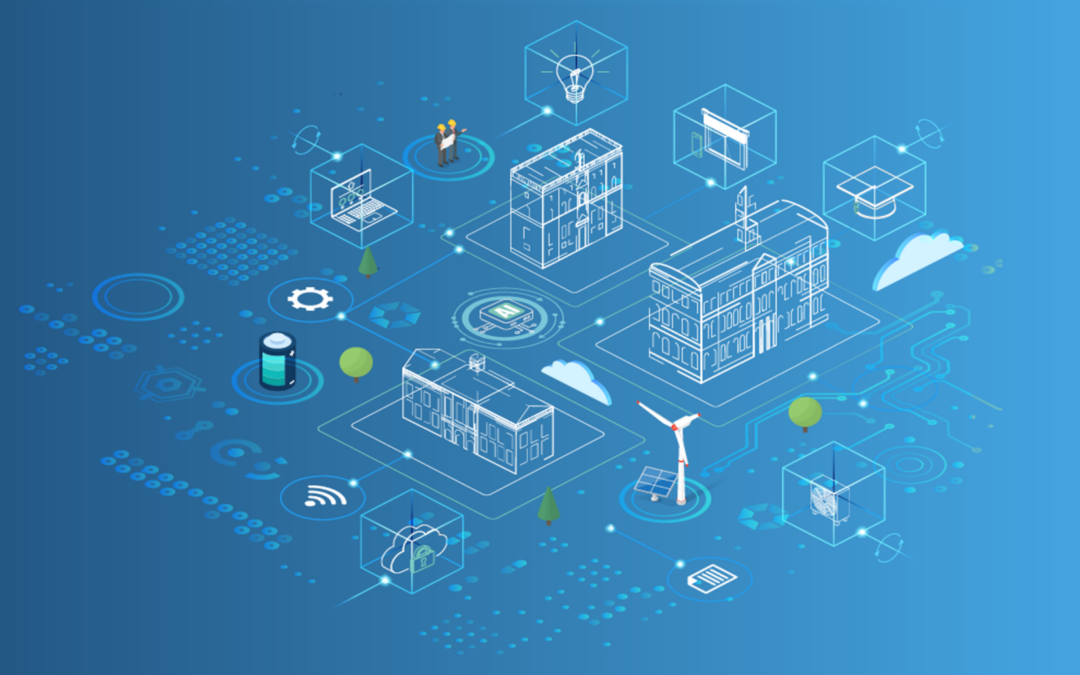On 6 an 7 November, the CARTIF Technology Centre hosted the general monitoring meeting of the European SMARTeeSTORY project. During this meeting, the partners presented the latest advances of the project, as well as analysing the next steps to be taken in its roadmap designed to boost energy efficiency in historic non-residential buildings.
The project’s research team was responsible for showing the status of the different services they are developing in the project to obtain and advanced energy service for monitoring, analysis, prediction, optimisation and control, based on the digital twin of the building. One of the most important activities on the agenda was the first internal training of Smart Readiness Indicator (SRI) provided by Tecnalia and RINA-C.
Throughout the meeting, they showed the progress of the work being carried out among the European demos of the project, which are the Palace of the Chancery of Granada (Spain), the City Council of Riga (Latvia), and the Faculty of Architecture of Delft (Netherlands). In the latter case, TU Delft has shown the progress being made in the installation of the monitoring and control devices.
The project started in the middle of the last year in Genoa (Italy) with the aim of accelerating the digital transformation of historic non-residential buildings to achieve climate neutrality. CARTIF’S role in this proposal focuses on the development of the Digital Twin and Digital Building Logbook services. In turn, this team is responsible of the development of the BIM Execution Plan (BEP) of the project, as well as the digitisation of the demo building in Granada.
SMARTeeSTORY is funded within the Horizon Europe programme and the consortium is composed of the following partners: CARTIF, RINA CONSULTING SPA, TECNALIA, TECHNISCHE UNIVERSITEIT DELFT, RIGA MUNICIPAL AGENCY ‘RIGA ENERGY AGENCY’, RIGAS TEHNISKA UNIVERSITATE SPA, PELLINI SPA, AGENCIA ANDALUZA DE LA ENERGIA, CUERVA, SCHNEIDER ELECTRIC SPA, EXUS SOFTWARE MONOPROSOPI ETAIRIA PERIORISMENIS EVTHINIS, TERA SRL, STEINBEIS INNOVATION GGMBH.
